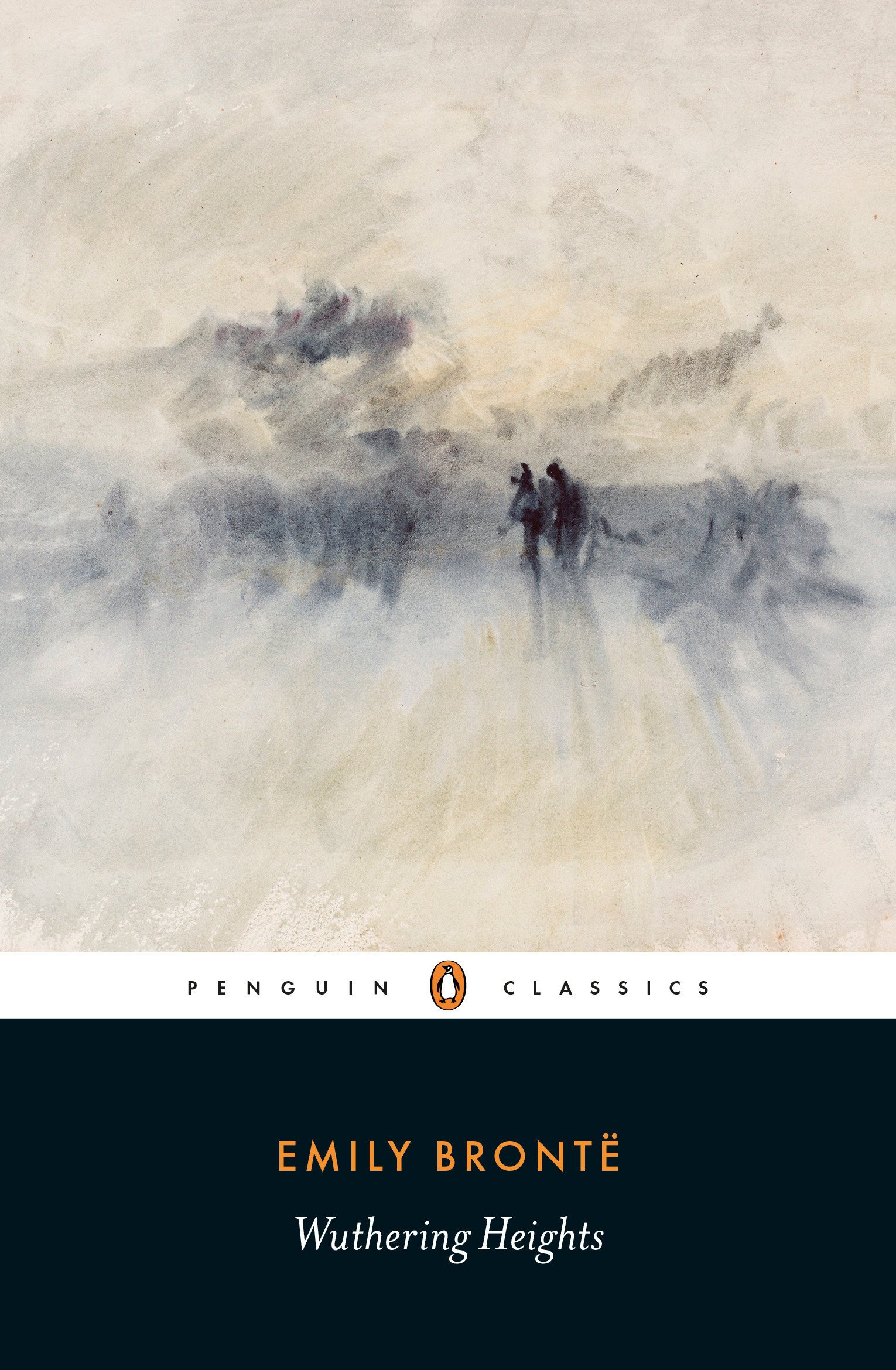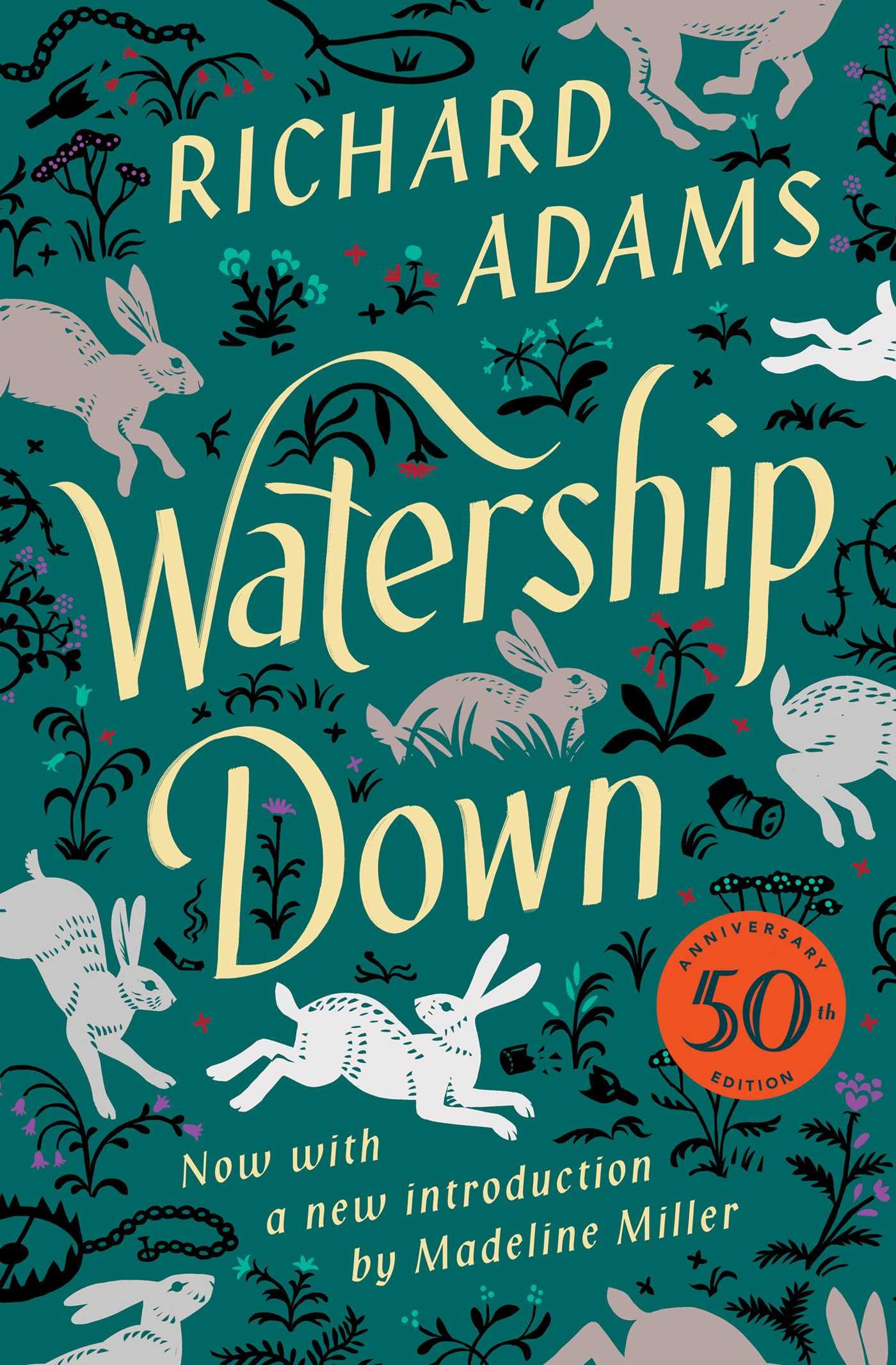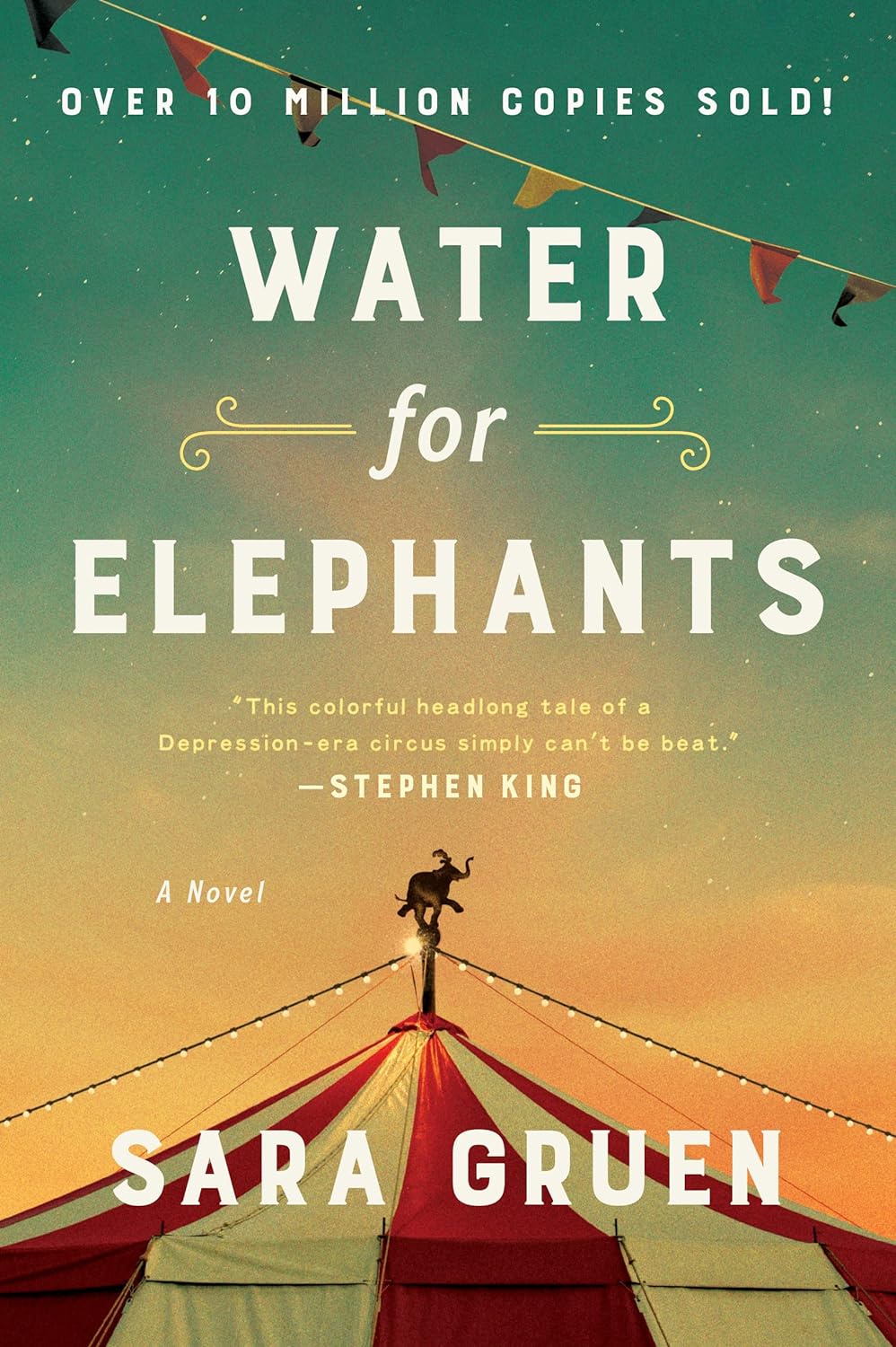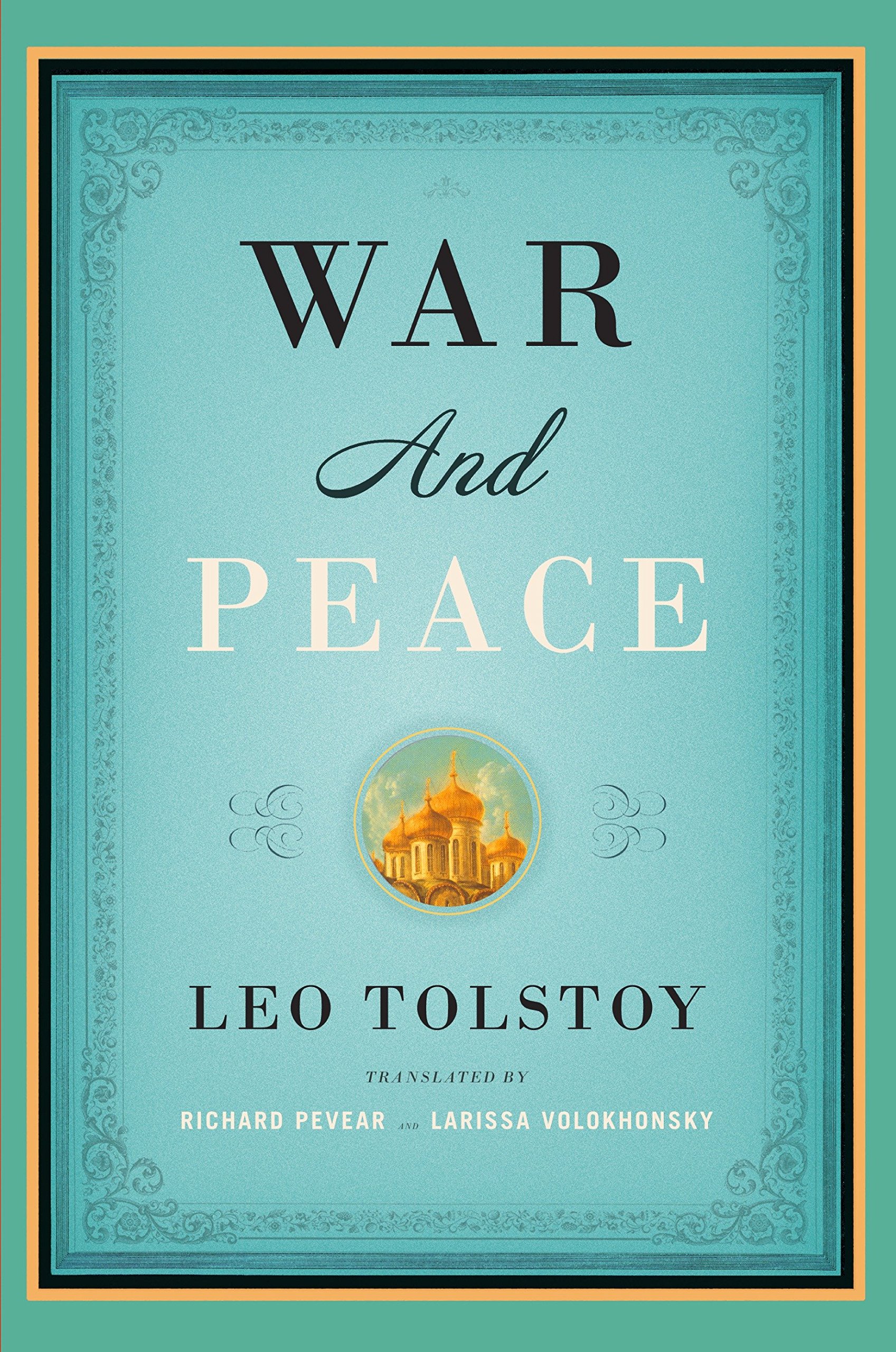Robinson Crusoe by Daniel Defoe
Robinson Crusoe by Daniel Defoe for Beginners
Let's Chat
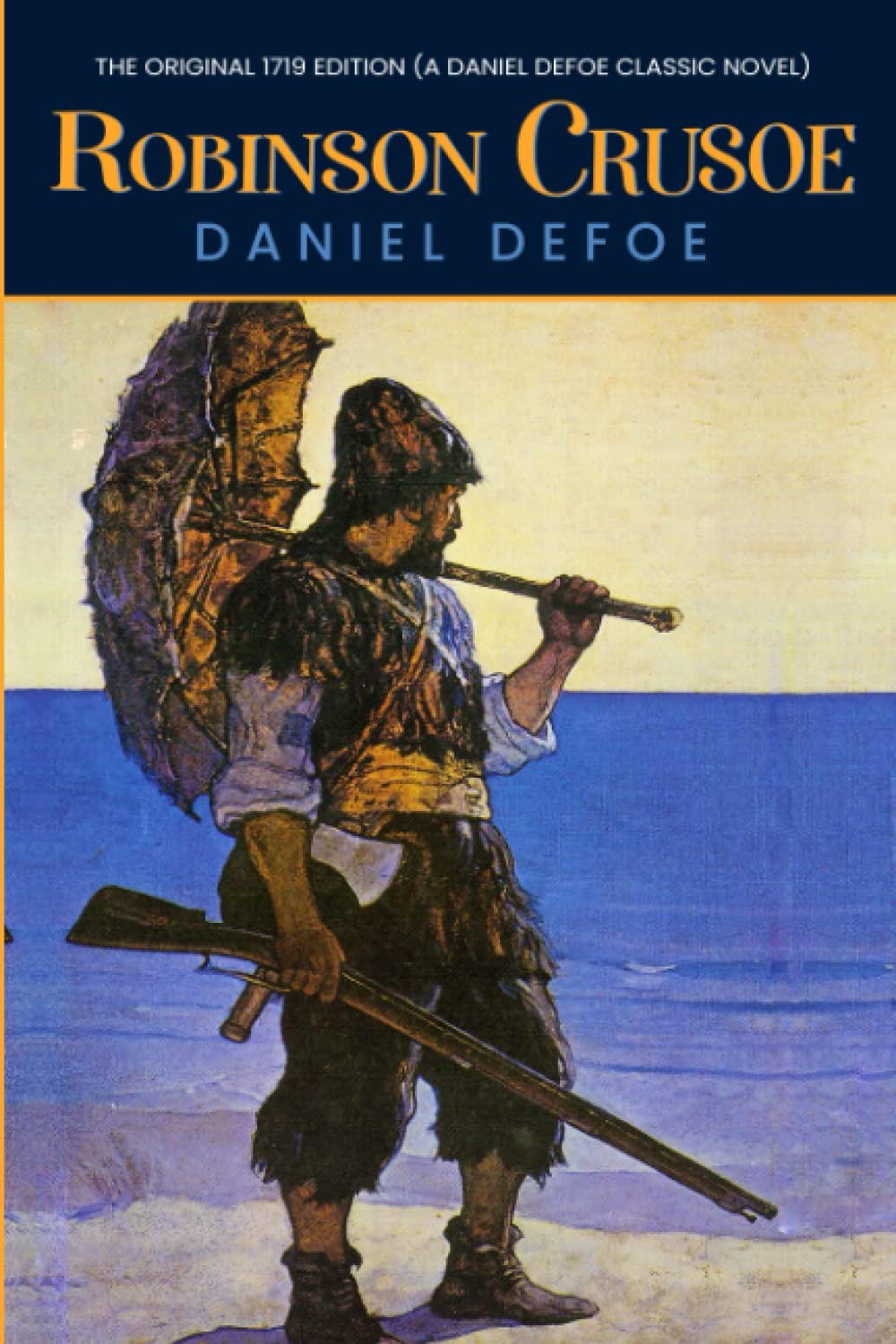
About This Book
Introduction
Robinson Crusoe is an exciting adventure book written by Daniel Defoe. It was first published in 1719 and has become a classic in English literature. The story is about a man named Robinson Crusoe who gets stranded on a deserted island and has to learn how to survive all by himself.
Review
Robinson Crusoe is a thrilling and captivating book that will keep you on the edge of your seat. It is filled with exciting adventures and unexpected twists. The story starts when Robinson Crusoe’s ship gets wrecked during a storm, and he finds himself all alone on a deserted island. He has to figure out how to find food, build shelter, and protect himself from wild animals.
As the days go by, Robinson Crusoe becomes more and more resourceful. He learns how to make tools, grow crops, and even tame animals. He also discovers a footprint on the beach, which makes him realize that he is not the only person on the island. This leads to an exciting encounter with a native named Friday, and they become friends.
The book teaches us important lessons about survival, resilience, and the power of friendship. It shows us that even in the toughest situations, we can find the strength within ourselves to overcome challenges.
Analysis
Robinson Crusoe is written in the form of a journal, where Robinson Crusoe writes about his daily experiences and thoughts. This makes the story feel very personal and allows us to understand his emotions and struggles.
The book also explores themes of self-discovery and the importance of appreciating what we have. Robinson Crusoe realizes the value of his family and the comforts of civilization when he is alone on the island. It reminds us to be grateful for the things we often take for granted.
About the Author
Daniel Defoe, the author of Robinson Crusoe, was an English writer who lived in the 17th and 18th centuries. He wrote many other books, but Robinson Crusoe is his most famous work. Defoe was known for his realistic writing style and his ability to create compelling characters. His books continue to be loved by readers of all ages.
Robinson Crusoe by Daniel Defoe for Advanced Learners
Let's Chat

About This Book
Introduction
“Robinson Crusoe” is a classic novel written by Daniel Defoe and first published in 1719. The book is a fictional autobiography of the title character, a castaway who spends 28 years on a remote tropical island near Trinidad, encountering cannibals, captives, and mutineers before ultimately being rescued. The story is widely perceived as being based on the life of Alexander Selkirk, a Scottish castaway who lived for four years on the Pacific island called “Más a Tierra” (now part of Chile).
Review
“Robinson Crusoe” is a tale of adventure and survival, a story of human resilience and resourcefulness in the face of isolation and danger. The novel is a detailed account of Crusoe’s life on the island, from his initial despair and fear to his gradual adaptation and mastery of his environment. The narrative is rich in detail, with Defoe’s meticulous descriptions of Crusoe’s efforts to make tools, grow crops, domesticate animals, and defend himself against potential enemies.
The novel is not just a survival story, but also a spiritual journey. Crusoe’s isolation leads him to introspection and self-examination, and he undergoes a religious conversion, attributing his survival and prosperity to God’s providence. The book also explores themes of colonialism and cultural imperialism, with Crusoe’s relationship with Friday, a native whom he rescues from cannibals and teaches English and Christianity.
Despite being written over 300 years ago, “Robinson Crusoe” remains a compelling read today. Its themes of survival, self-reliance, and the human spirit’s indomitable will to survive resonate with modern readers. The novel’s detailed and realistic depiction of Crusoe’s life on the island makes it a fascinating study of human adaptability and ingenuity.
Analysis
“Robinson Crusoe” is often considered the first English novel, and its narrative style, with its detailed realism and psychological depth, was innovative for its time. The novel’s structure, with its episodic narrative and focus on a single character’s experiences, set the template for the modern novel.
The novel’s themes are deeply rooted in the cultural and historical context of its time. The theme of survival and self-reliance reflects the values of the emerging capitalist society of Defoe’s time, with Crusoe’s industriousness and resourcefulness serving as a model of the ideal capitalist. The theme of colonialism reflects the imperial ambitions of Britain in the 18th century, with Crusoe’s domination of the island and his relationship with Friday serving as a metaphor for the colonial relationship.
The novel’s religious themes reflect Defoe’s own Puritan beliefs. Crusoe’s religious conversion and his belief in divine providence reflect the Puritan emphasis on personal piety and the belief in God’s direct intervention in human affairs. The novel can be seen as a spiritual autobiography, with Crusoe’s physical journey mirroring his spiritual journey towards faith and redemption.
About the Author
Daniel Defoe (1660-1731) was an English writer, journalist, and spy, who is best known for his novels “Robinson Crusoe” and “Moll Flanders”. Defoe was a prolific writer, producing more than 500 books, pamphlets, and journals on a wide range of topics, including politics, crime, religion, marriage, psychology, and the supernatural.
Defoe was a man of many talents and interests. He was involved in many of the major events of his time, including the English Civil War, the Great Plague of London, the Great Fire of London, and the political upheavals of the late 17th and early 18th centuries. His writings reflect his wide-ranging interests and his keen observation of society and human nature.
Despite his many achievements, Defoe’s life was marked by financial difficulties and political controversies. He was imprisoned several times for his political writings and spent much of his life in debt. However, his novels, particularly “Robinson Crusoe”, have ensured his lasting fame and reputation as one of the founders of the English novel.

